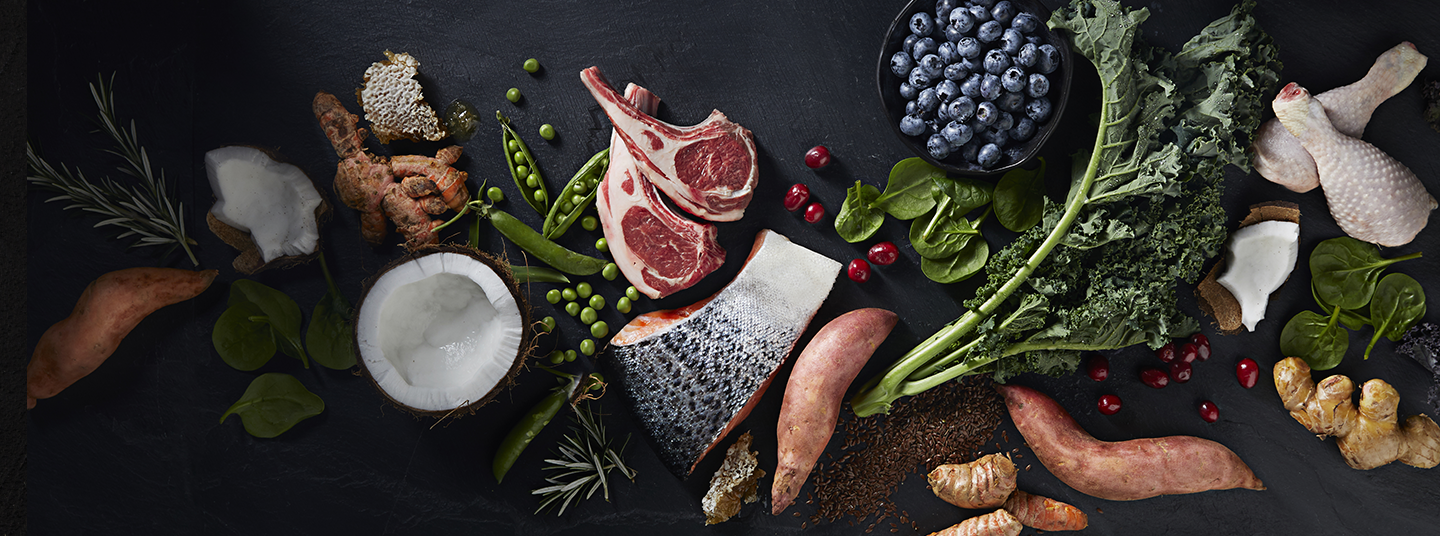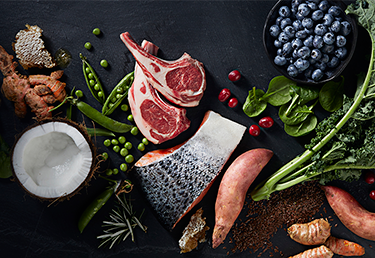Animal Protein
SUPERFOODS
What goes into our products
Number 1 ingredient is meat and our protein-packed dog food satisfies and nourishes dogs in a way that nothing else can. Our nutritionist-handcrafted recipes use fresh/raw meat that has been minced and cooked into a single protein food, ensuring quality and taste.
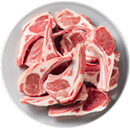
Lamb
is a good source of protein for dogs. High Quality, animal-derived proteins are important for building and maintaining all body tissues and promoting overall good health.
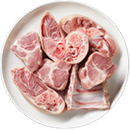
Boar
is a high quality protein with a rich flavour. This lean meat is high in healthy polyunsaturated fats, with a favorable omega 3 to 6 ratio to promote overall wellbeing.
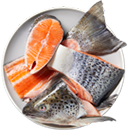
Salmon
is a great source of protein for dogs. It has one of the highest biological values of all animal proteins and contains an almost perfect amino acid profile to support every single cell in the body.
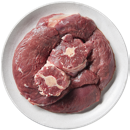
Kangaroo
is a high quality protein with a rich flavour. This lean meat is high in healthy polyunsaturated fats to support overall well-being.
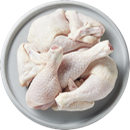
Chicken
is one of the best sources of protein for dogs. It has a high digestibility and amino acid bioavailability for strong, lean muscles.
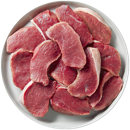
Venison
is one of the best sources of protein for dogs. It has a high digestibility and amino acid bioavailability for strong, lean muscles.

Beef
is a great source of high quality protein for dogs. Quality, animal-derived proteins are important for building and maintaining all body tissues and promoting overall good health. My unique formula uses real beef from our trusted partners to deliver a super palatable, complete and balanced meal for adult dogs.
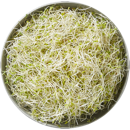
Alfalfa
is a herbaceous legume which contains several important minerals, including zinc, iron, copper, manganese and magnesium as well as vitamins within the B complex, C and especially K, all of which help the body digest and utilise nutrients in food more effectively.
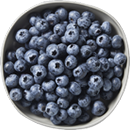
Blueberries
are a rich source of vitamins K and C and the essential mineral manganese as well as antioxidants, particularly anthocyanin, which imparts the blue colour to this berry. This phytonutrient fights harmful free radicals which can cause oxidative damage to cells and accelerate cellular ageing.
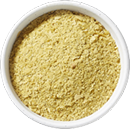
Brewer’s yeast
has a few benefits when added to a dog’s diet. Firstly, it provides a flavour boost to make the food even tastier to help tempt even the fussiest of dogs.
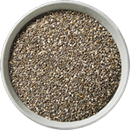
Chia seeds
are packed full of a wide range of nutrients and are well deserving of their superfood classification: they are rich in fibre - the chia seed can absorb many times its own weight in water to expand into a gel-like substance to make the stomach feel fuller, which helps with satiety. It has also been suggested that this gel may act as a prebiotic.
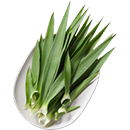
Yucca
extract is primarily included in pet foods due to its capacity to reduce faecal aroma. Studies have recorded a 26% decrease in ‘faecal offensiveness’.
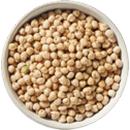
Chickpeas,
also known as garbanzo beans, are a rich source of protein and fibre. The fibre is predominantly insoluble, so it is excellent for promoting digestive health.
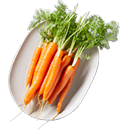
Carrots
have been known for years to be beneficial for helping animals to ‘see in the dark’ because they are one of the richest sources of both vitamin A and its antioxidant precursor, beta-carotene, essential for good vision, especially night vision.
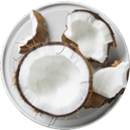
Coconut
oil is rich in healthy saturated fats, namely medium chain fatty acids (MCFAs), in particular lauric acid. These fats are metabolised a little differently from other types of saturated fat due to their shorter ‘chain’ length, so they are more readily converted to ketones, which can be used as a direct energy source by the body.
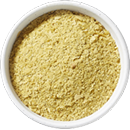
Field peas
contain a variety of compounds to support health, including vitamins and minerals, protein, insoluble and soluble fibre, resistant starch and antioxidants.
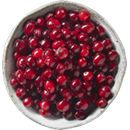
Cranberries
have extremely high levels of antioxidant activity – double to triple that of most other commonly consumed fruits! Not surprisingly, these berries are a good source of antioxidant vitamins C and E, as well as the essential mineral manganese, necessary for enzyme and energy production.
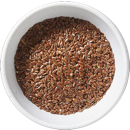
Flaxseeds’
main claim to fame is their abundance of omega 3 fatty acids, particularly alpha-linolenic acid (ALA), which makes up over half the fat of a flaxseed! These fatty acids are important for supporting skin and coat health, kidney health, joint health, moderating inflammatory responses, maintaining cell membrane fluidity as well as memory and cognition.
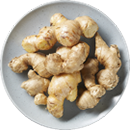
Ginger root
is in the same family as turmeric. Its best-known benefit is as a digestive aid for stomach upsets and nausea. This is due to one of the key bioactive phytonutrients in ginger, ‘gingerol’, which can stimulate saliva and bile production.
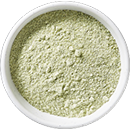
Pea protein
is a plant-based protein, often used to supplement animal protein sources to help balance the amino acid ratio and keep the fat level low. Pea protein is rich in the essential amino acid lysine. “Essential’ means that a dog’s body cannot produce this amino acid, so must obtain it from the diet.
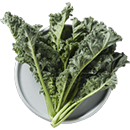
Kale
is amongst the most nutrient dense foods available, which certainly qualifies it as a ‘superfood’! It is a cruciferous green leafy vegetable, which is bursting with antioxidants, including vitamins A (and its precursor beta-carotene) and C, as well as lutein and zeaxanthin, which support eye-health and quercetin and kaempferol, which are anti-inflammatory.
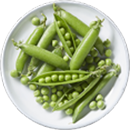
Green peas
are protein-rich legumes, and a good source of many essential nutrients such as vitamins (especially vitamin K), and several minerals, including manganese and phosphorus, making them a good food to support blood and bone health.

Manuka Honey
is made from the nectar of flowers from the medicinal Manuka bush. Manuka honey contains the active compound ‘methylglyoxal’ (MGO), which has anti-bacterial and anti-oxidant properties to assist in fighting infections.
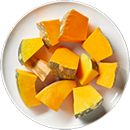
Pumpkin
is a great source of dietary fibre and helps with digestive regularity and the feeling of satiety after eating, to aid in weight management. It is also a good source of vitamins – especially the antioxidant vitamins A (and its precursor, beta carotene), C and E.
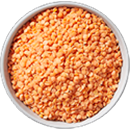
Red lentils
are protein and fibre-rich legumes. They have a low glycemic index (GI) and are more slowly digested, absorbed and metabolized and cause a lower and slower rise in blood sugar than higher GI foods.
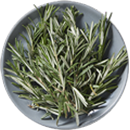
Rosemary extract
is distilled from the rosemary plant’s flowers and leaves. It provides highly potent beneficial antioxidant properties. The extract’s capacity to slow or prevent the oxidation of specific molecules means it can help prolong the maintenance of nutritional stability of certain foods.
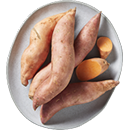
Sweet potatoes
are high in dietary fibre, rich in vitamin A, with a good dose of vitamin C, pantothenic acid and B6, as well as several important minerals, including manganese, potassium and copper. They contain a storage protein called sporamin, which helps a damaged plant to heal due to its potent antioxidant effects.
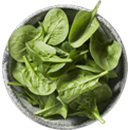
Spinach
contains large amounts of vitamins K, and A, as well as a good dose of vitamin C and folate. It also supplies the minerals manganese, magnesium, iron, and potassium and, as with many leafy greens, is an excellent source of roughage (fibre), which aids digestive health.
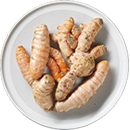
Turmeric
possesses significant anti-inflammatory properties, by virtue of a bioactive phytonutrient contained within it called ‘curcumin’. This compound is also reported to have antioxidant, anti-viral, anti-bacterial, anti-fungal and anti-cancer actions.
-
‹
- 1
- 2
- 3
- 4 ›





